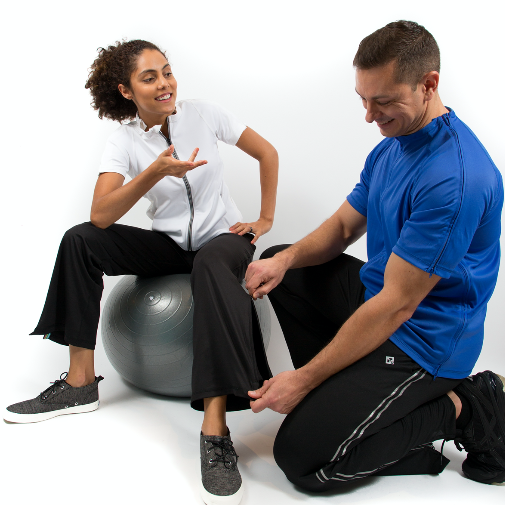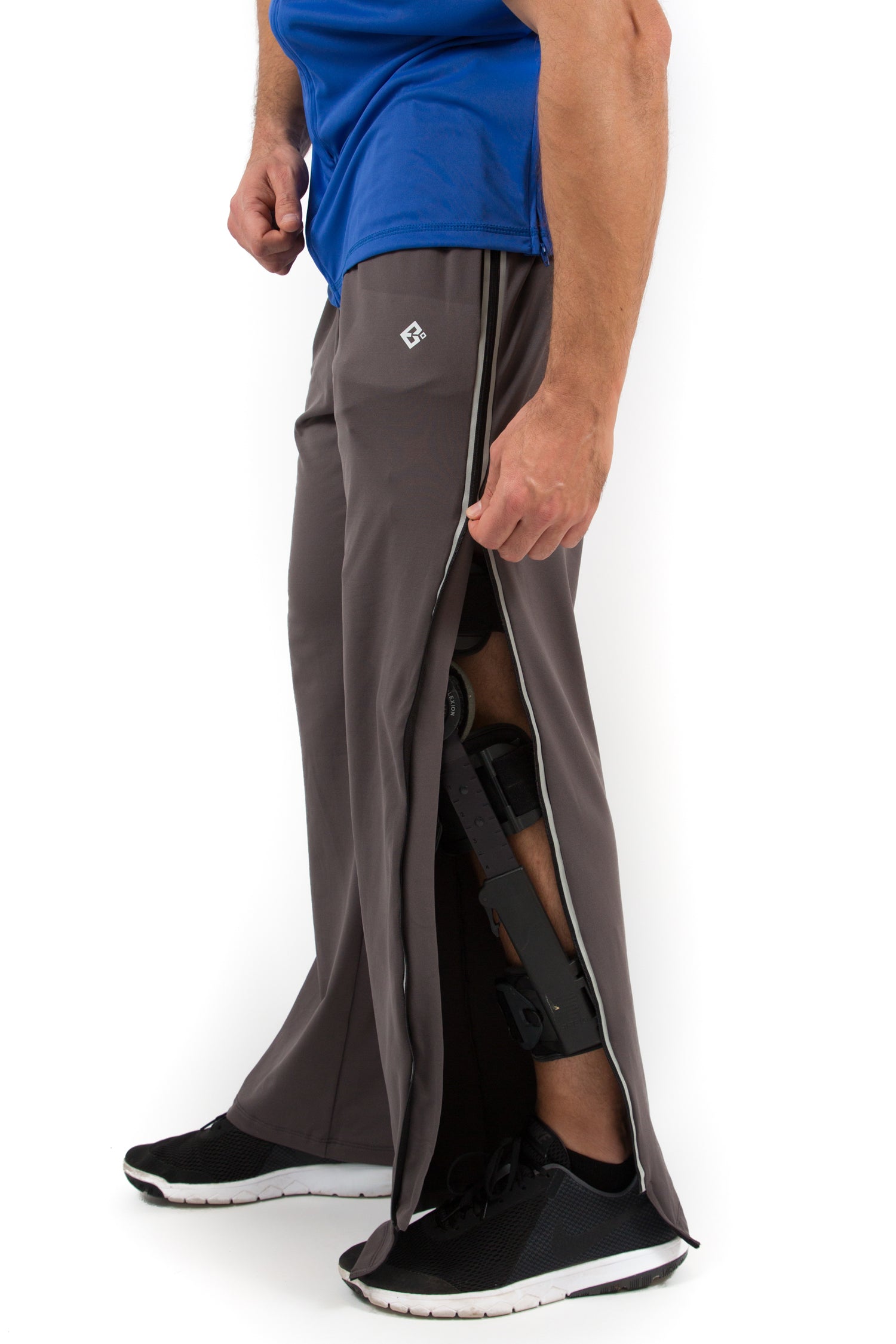It’s that time of year again. Golf season is over and ski season is starting and your knees are saying OUCH. What’s a person to do?
First find out if your knee troubles can be treated with physical therapy and an exercise routine that will strengthen the muscles around your knee joint. If you do get a prescription for physical therapy, remember that making your exercises part of your daily routine even after your therapy sessions, will help to avoid serious injuries and keep you nimble and strong. If however after a few months you are still experiencing knee pain, it might be time to go to an orthopedic specialist and get scans to see if there is something more serious going on. Chances are that if you have arthritis or had a past knee injury, it may be time for a knee replacement. If that’s the case here are tips from our amazing customers and health care workers to help make a long, and often, painful recovery manageable.
- The most important and helpful tip pre op teams give is to prepare as much as possible ahead of time. Make sure you have what you need for recovery. You’ll want and need to ice your knees often to reduce pain and swelling. Make a choice on how you’ll do that based on where you’re recovering and if someone will be around to help. Electric icing machines are great because they stay cold most of the day and they help with compression which is great for healing. But they are expensive, and most insurances don’t cover the cost. Find out if yours does.

- How severe is your knee problem, how long will recovery take? How much time should you anticipate being in bed, when can you take your first steps, and what does progression look like?
- Doctors always say, “stay ahead of your pain” which means take your medication as recommended and don’t skip a dose. In addition to medication, icing is key in reducing pain and swelling. and how often will they check in to see if you need to take more or less doses of your medication or even change a medication. The pain relievers are powerful and you will need it considering that surgery entails cutting through skin, tissue and sensitive nerves. And especially to get some sleep at night. Mornings are tough because blood isn’t circulating as efficiently so you’ll feel stiff, and the pain will be at its worst then. Stay relaxed and give the medication time to work before starting the day.

- Remember that your diet will have an impact on how your system deals with the residual anesthesia and other medications in your system. The more water you drink the faster the chemicals will be flushed from your body. And remember, fiber is your friend. Many medications cause constipation which will result in unnecessary intestinal pains. Keep a basket of snacks and fruit to nibble on throughout the day to keep nausea at bay as well as a few sports bottles of water or other water bottles with spill proof lids to help keep you hydrated and avoid messes.


- Treat yourself to a staycation and enjoy all those movies and bingeable shows you’ve been wanting to see. Listening to podcasts is also a good way to stay relaxed and entertained and help you take frequent naps- sleep is curative and is a great way to heal.
Knee surgery is rough so be patient and give yourself some grace. Recovery happens in baby steps but In no time at all you’ll be going from baby steps to leaps all the way back to the slopes or the golf course.
Stay tuned for more tips on exercises to help keep your knees strong.





Leave a comment
All comments are moderated before being published.
This site is protected by hCaptcha and the hCaptcha Privacy Policy and Terms of Service apply.